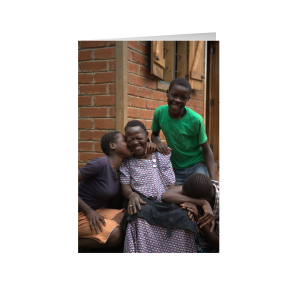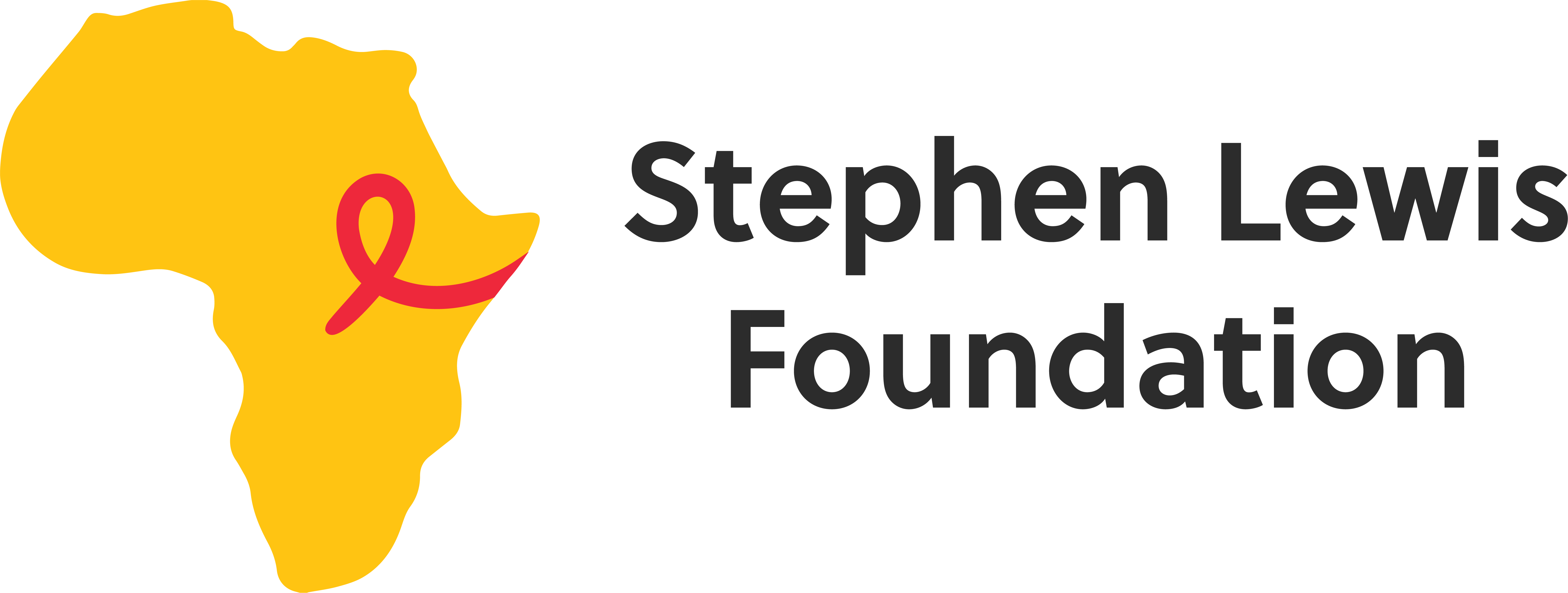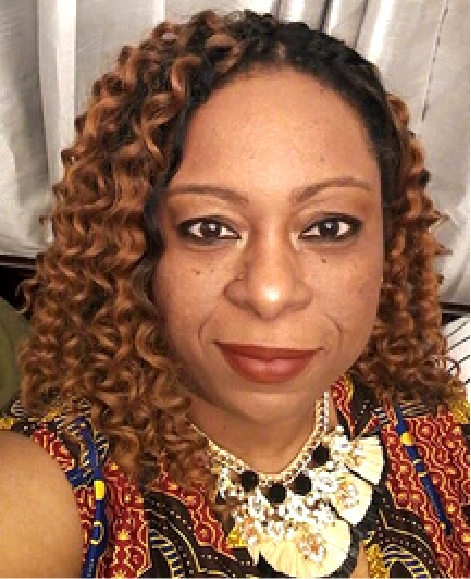Spotlight on
Grassroots
FALL 2022
Photo Credit: Alexis MacDonald
Description: Angelina Tembo Girls School
Location: Zambia
‘We are not yet there’: Hope for Maternal Health in Eswatini
Khetsiwe Sibandze is a pillar of her community, known for her knowledge on birthing and maternal care. Often, she’s called to the homes of friends and neighbours, to tend to women who have fallen through the cracks of Eswatini’s national health care system. Recently, she was called to the bedside of a young mother in need of care. Khetsiwe’s support was required to help deliver her placenta after she had given birth more than 24 hours earlier and was still awaiting an ambulance to receive specialized medical care.
Bridging gaps in inadequate maternal health care is not new to Khetsiwe and she sees it in her community almost every day. As a nurse, midwife, and program coordinator for the Wellness Centre, run by the Eswatini Nurses Association, a Stephen Lewis Foundation partner, she has made it her goal to help improve the lives of mothers by contributing to their care and well-being. Khetsiwe started this work during the early days of the HIV pandemic, when one of the world’s highest HIV rates caused a crippling strain on the health care system.
˝I have noted a shift, not a very big change, but a shift. We are slowly, gradually shifting from what was happening back then, and we are gradually improving.˝ She adds that Eswatini is making efforts to attain universal health care coverage, with special attention being paid to maternal and child health. She believes that support for education, infrastructure, and community health care workers is truly helping women and their communities. These investments have resulted in better pre- and post-natal services, including early HIV testing. But, there is more still to be done.
˝The biggest barriers that women face in perinatal care are financial barriers,˝ says Khetsiwe, citing high numbers of single mothers without access to adequate support, barriers to education, and unemployment as factors. Support provided by the SLF to community organizations like the Eswatini Nurses Association is tackling these root causes of reduced maternal health.
˝Our country is improving … so, we are seeing a shift,˝ says Khetsiwe. ˝But we are not yet there.˝ Thank you for your ongoing support to ensure that health care workers like Khetsiwe can continue to do life-saving work.
Sustaining Hope through Palliative Care
Photo Credit: Alexis MacDonald
Description: Hillcrest AIDS Centre Trust
Location: South Africa
While finding the words to speak with a child about their diagnosis of a life-threatening illness can be tremendously difficult for parents and health care workers, it is a necessary first step toward dignified palliative pediatric care.
At Wits Palliative Care (WPC) in South Africa, specially trained staff do just that, by providing comprehensive support for young patients and their families navigating life-threatening and life-limiting conditions, including AIDS-related illnesses. WPC’s interdisciplinary team — based in The Gauteng Centre of Excellence for Palliative Care at Chris Hani Baragwanath Academic Hospital in Soweto — provides clinical and social services, bereavement support, and spiritual care.
This holistic patient-centred model helps to minimize young patients’ physical and emotional suffering, with support extending to a family’s specific needs. Care may include food parcels to improve nutrition at home, child grant applications, grief counselling for family members, weekly support groups for mothers and grandmothers, and income-generation opportunities. Among the most critical aspects of pediatric palliative care, say WPC staff, are the social and spiritual needs of the child and their family.
Founded in 2005 to address a gap in health care for children, WPC began as a community health service and has become an integral part of an academic research institute and a centre of excellence for palliative care, in the third largest hospital in the world. To strengthen and sustain this critical work, WPC advocates for sufficient funding and support for pediatric palliative care and the specialized interdisciplinary staff who carry it out. “ The palliative services cannot function or survive without auxiliary social and spiritual workers,“ says WPC Director Dr. Mpho Ratshikana. “ They are the glue that keep the interdisciplinary team together and functioning as a unit.“
While WPC patients and their families know, first-hand, the impact of comprehensive palliative care — for children, families, and communities — advocacy remains a necessary part of WPC’s work. They educate the public and health care workers about the need to better integrate palliative care in health services.
Meanwhile, the WPC team faces daunting emotional challenges, especially when dealing with very young children who are in pain and do not understand what is happening to them. Caring for the carers, through counselling and mental health supports, can help sustain the professionals who do this essential, emotionally difficult work.
WPC is an example of the type of dedicated, life-changing, often unseen, work that your continued support has empowered over the years. Now more than ever, we need to respond to the broader needs of communities battling the AIDS pandemic so that they can receive the care they need during their most difficult moments.
Photo Credit: Museruka Emmanuel
Description: MU-JHU Care Limited
Location: Uganda

Our aim was to support these children, to live a fulfilling life, to live a whole life, a meaningful life, so that they know that HIV cannot define them.

At the 24th International AIDS Conference in Montreal, the SLF spoke with Juliane Etima, a behavioural scientist and Division Director of Psychosocial Support Services at long-time SLF partner MU-JHU Care Limited, an HIV training, research, and care organization in Uganda.
SLF: What is your focus in your role as a behavioural scientist at MU-JHU?
Juliane Etima: We look beyond medicine, at the social aspects of programs. We look at the total person. What are the issues they are facing, like adherence to the different [HIV treatment] products or the programs and challenges with disclosure? For the last eight [years] or so, we’ve really been working to structure the psychosocial support program for the young children, adolescents, and young adults.
SLF: When you first started, you were working mostly with parents. Why did you transition to working with children living with HIV?
Juliane Etima: My area of specialty is child psychology. The psychosocial support program was very new when I joined MU-JHU. It had been formed by five parents and their children who had been coming for treatment, and they were challenged about how to disclose to their children that they were living with HIV. Many of them were asking for answers to address how to accept their children, just like they would any other child. I felt it was an opportunity for me to make a difference, especially in the lives of children who are born with HIV.
SLF: What are some of the challenges and victories you’ve had in doing this work?
Juliane Etima: In the beginning, there was a lot of stigma and discrimination, and some of the children were not even going to school, because the parents felt it wasn’t worthwhile since their children had HIV and were going to die.
In some cases, the children had grown up a bit and still did not know their status. Some of the children had their own questions, like ‘Why am I taking this medication every day?’ The support group started to grow. More parents were bringing in their children, and we felt that the focus should now be on the children as well as the parents. We saw these children grow into adolescents. Many of them are young adults now — those are people we saw from when they were little children.
Our aim was to support these children, to live a fulfilling life, to live a whole life, a meaningful life, so that they know that HIV cannot define them. They have it, but they can still be who they choose to be. HIV should not stop them from that.
Photo Credit: Paula Simpson
Grandmothers Support through Cycling
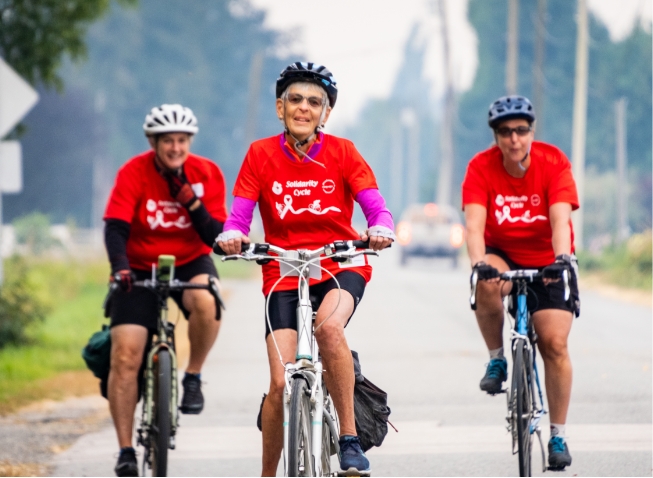
Photo Credit: Paula Simson
As long summer days wound down, groups from the SLF’s Grandmothers to Grandmothers Campaign geared up for one of their biggest fundraising events of the year: cycle tours. More than 100 cyclists pedalled hundreds of kilometres, raising more than $260,000 by mid-September in support of grandmothers and the community-based organizations who support them across sub-Saharan Africa.
Victoria Grandmothers for Africa cycled a 275km route along the breathtaking coast of Vancouver Island, and on Vancouver’s Lower Mainland, grandmothers groups from the Greater Van Gogos regional network hosted a one-day 100km cycle event in Pitt Meadows and Port Coquitlam. In the Ottawa area, the Grassroot Grannies held their annual Ride to Turn the Tide over two days with support from grandmothers groups in the region.
“Solidarity Cycle crowns a season of incredible generosity,“ says Barbara Halparin, a member of the Tikun Olam Gogos in Vancouver. “With our body-and-spirit [we show] devotion to the Grandmothers to Grandmothers Campaign, with our willingness to keep on pedalling through storms … we become a source of inspiration to those wonderful, generous, loving people who back us with their dollars.“
This year, all events were back in person, after two years of revised, shortened, or virtual rides. The atmosphere at all events was upbeat, despite challenges presented by wildfires in British Columbia. This is solidarity.
Since 2007, cycle tours have raised more than $2.4 million, and have formed an important part of the Campaign’s fund and awareness-raising efforts. The success of these events is a testament to the strength of the Grandmothers to Grandmothers Campaign — a movement that has raised more than $40 million since its launch in 2006.
“Grandmothers across the continents are joined at the heart,“ says Halparin of the Campaign’s focus on solidarity and connection. “As grandmothers we are continuously reminded that being age-advanced in no way compromises our capacity to contribute in ways that are positively transformative.“
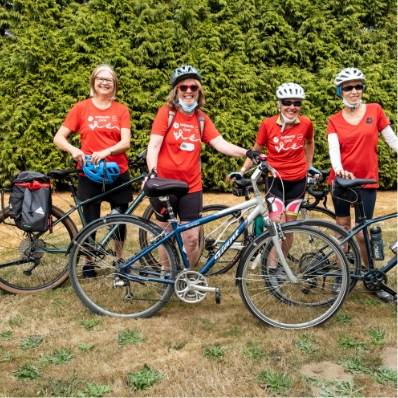
Photo Credit: Paula Simson
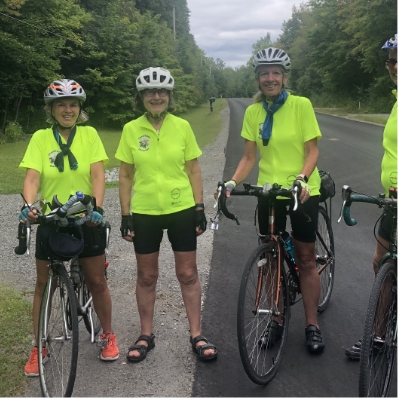
Photo Credit: Grassroot Grannies and friends
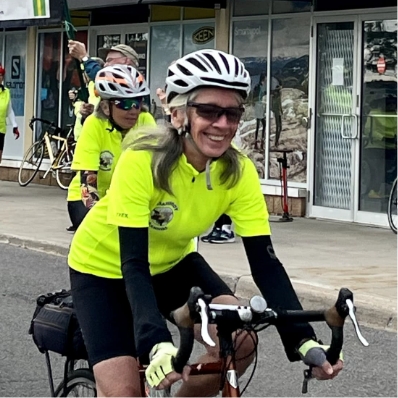
Photo Credit: Grassroot Grannies and friends
Stephen Lewis Foundation Financial Overview
From July 2021 to June 2022, the SLF raised $9.4 million in support of 122 organizations working in 15 countries.
Financial Overview 2021-2022
The Foundation’s fiscal year runs from July 1 to June 30. For a copy of the Foundation’s full audited financial statements and the link to our annual Canada Revenue Agency (CRA) charity returns, please visit: stephenlewisfoundation.org/who-we-are/financials.
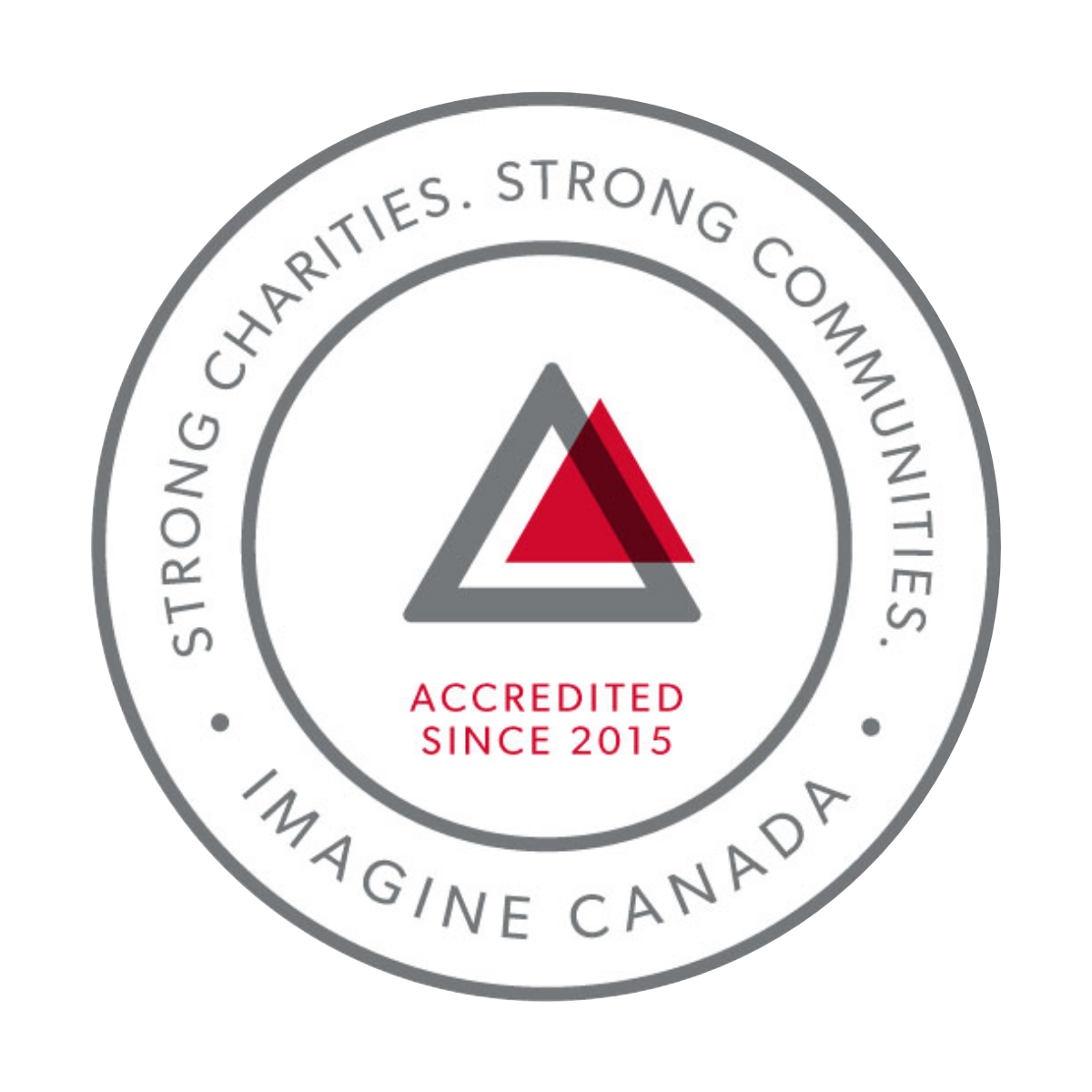
The SLF is proud to be accredited by the Imagine Canada Standards Program. Accredited organizations demonstrate excellence and leadership in five key areas: board governance, financial accountability and transparency, fundraising, staff management, and volunteer involvement.
It’s time to order your holiday tribute cards
The holiday season is nearly here. With it comes a welcome opportunity to reconnect, share holiday cheer, and act in global solidarity. This year, consider making donations and sending beautiful printed cards or e-cards to your family, friends, and colleagues. Simply donate online and send e-cards for easy and immediate delivery. We can also send you cards to personalize and deliver yourself, or mail cards on your behalf. Your contributions will have meaningful and tangible impact for our grassroots partners and their communities.
Call us at 1-888-203-9990 ext 0 to order our 2022 holiday bundle of 5 assorted cards to personalize and mail yourself (suggested minimum donation of $50) and you will receive a special ‘Little Traveller’ pin to keep or share. Available while supplies last.
Order your holiday cards today
Order Now